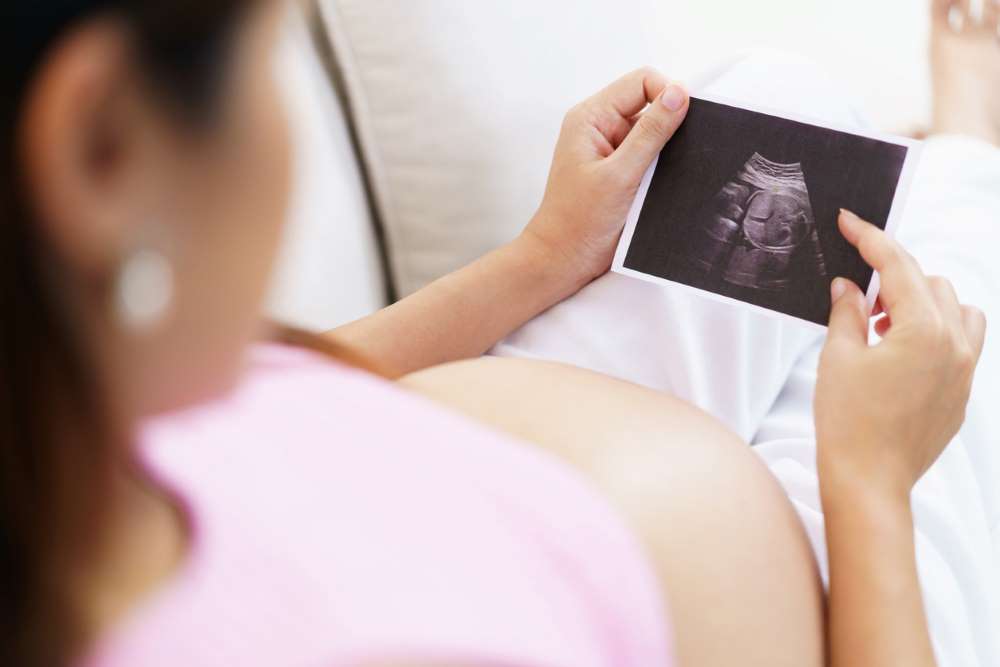
Pregnancy and postpartum bring profound changes to a person’s body, with hormones playing a leading role in shaping the physical and emotional journey. These fluctuations, while natural, can affect mood, energy levels, and overall well-being, making it important for parents to understand what’s happening internally.
The Hormonal Rollercoaster of Pregnancy
From the moment pregnancy begins, hormones such as estrogen, progesterone, and hCG (human chorionic gonadotropin) start to surge. These hormones support the development of the baby and prepare the body for childbirth, but they also come with side effects.
Estrogen rises steadily, influencing blood flow and helping to build the placenta. This hormone also contributes to the characteristic “pregnancy glow” by increasing skin elasticity and oil production. Meanwhile, progesterone plays a protective role by relaxing the uterine muscles and preventing contractions too early in the pregnancy. However, it can also lead to common symptoms like fatigue and bloating.
As the pregnancy progresses, oxytocin levels begin to rise, preparing the body for labor. This hormone, often called the “love hormone,” fosters bonding between parent and baby, ensuring a deep emotional connection post-delivery.
The Shift to Postpartum
After giving birth, hormonal levels drop significantly as the body transitions out of pregnancy. Estrogen and progesterone, which were at their peak, decline rapidly, often triggering the “baby blues” or, in more severe cases, postpartum depression. Prolactin, the hormone responsible for milk production, takes center stage, especially for those breastfeeding.
The postpartum period also involves a gradual rebalancing of hormones, which can take weeks or months. During this time, many new parents experience fluctuations in energy, sleep patterns, and mood, underscoring the importance of self-care and support.
How Hormones Influence Emotional Well-Being
Hormonal changes don’t just affect the body; they also shape emotional experiences. Mood swings, heightened sensitivity, and anxiety can all stem from the shifts in hormone levels. Open communication, professional guidance, and community support can help new parents navigate these challenges.
Unique Perspectives on Hormones and Parenting
Hormonal shifts are not exclusive to those experiencing pregnancy firsthand. Individuals who become a surrogate often navigate similar changes, as their bodies adjust to support the pregnancy and return to balance after delivery. Their unique journey underscores the profound impact of hormones on pregnancy and the postpartum phase.
Understanding the ebb and flow of hormones throughout pregnancy and postpartum can empower parents to approach this time with greater awareness. By recognizing the physical and emotional shifts at play, families can prioritize both health and happiness during this transformative period. Whether through self-care, professional advice, or connecting with a support network, navigating these changes becomes a shared journey of growth and resilience. To learn more, feel free to look over the infographic below.



























